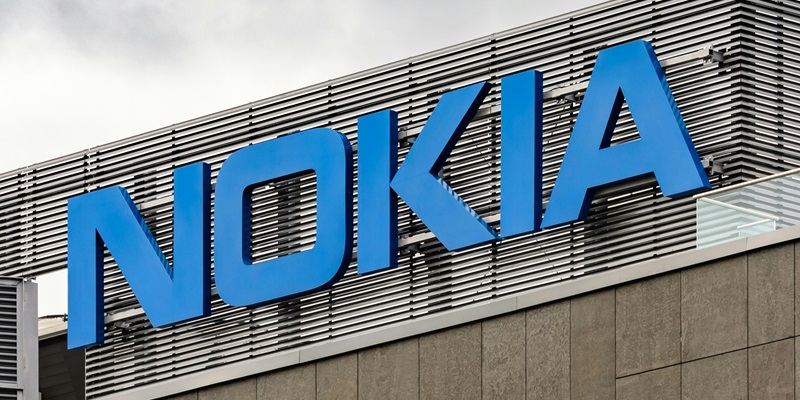The mobile market is saturated with devices that boast high-end specifications and a wealth of features, but for many users, the complexity and cost of these smartphones are unnecessary. Enter the Nokia C1, a device that stands out for its commitment to simplicity and affordability, primarily powered by Android Go. This lean version of the Android operating system is finely tuned for low-end hardware, such as the C1’s quad-core processor and 1GB of RAM. This ensures that the device functions smoothly, even with modest hardware.
With Android Go, users are not left waiting for apps to load or struggling with stuttering performance that often affects budget smartphones running full versions of Android. This lightweight platform includes a suite of apps optimized for minimal resource usage, which results in a more responsive user interface and a better overall experience for the sorts of basic tasks that the Nokia C1 is intended for. It also means that the phone uses less data, preserving bandwidth for essential services and reducing costs for the user.
Emphasis on Accessibility and Durability
The Nokia C1 targets affordability and functionality, prioritizing essential communication and entertainment. Designed for a broad reach, it supports 2G and 3G networks, recognizing areas with less advanced infrastructures. Its long battery life addresses the necessity for a phone that endures daily demands without constant recharging, a vital aspect for its target users.
Nokia’s C1 is intentionally straightforward, appealing to smartphone beginners or those uninterested in high-tech features. Durability is a core aspect, with a robust build reflecting Nokia’s reputation for resilient devices. The phone includes expandable memory and basic camera features, ensuring fundamental needs are met while keeping the device accessible to those on a tight budget. This philosophy underscores Nokia’s dedication to producing phones that are not just tools, but reliable companions for day-to-day life.

